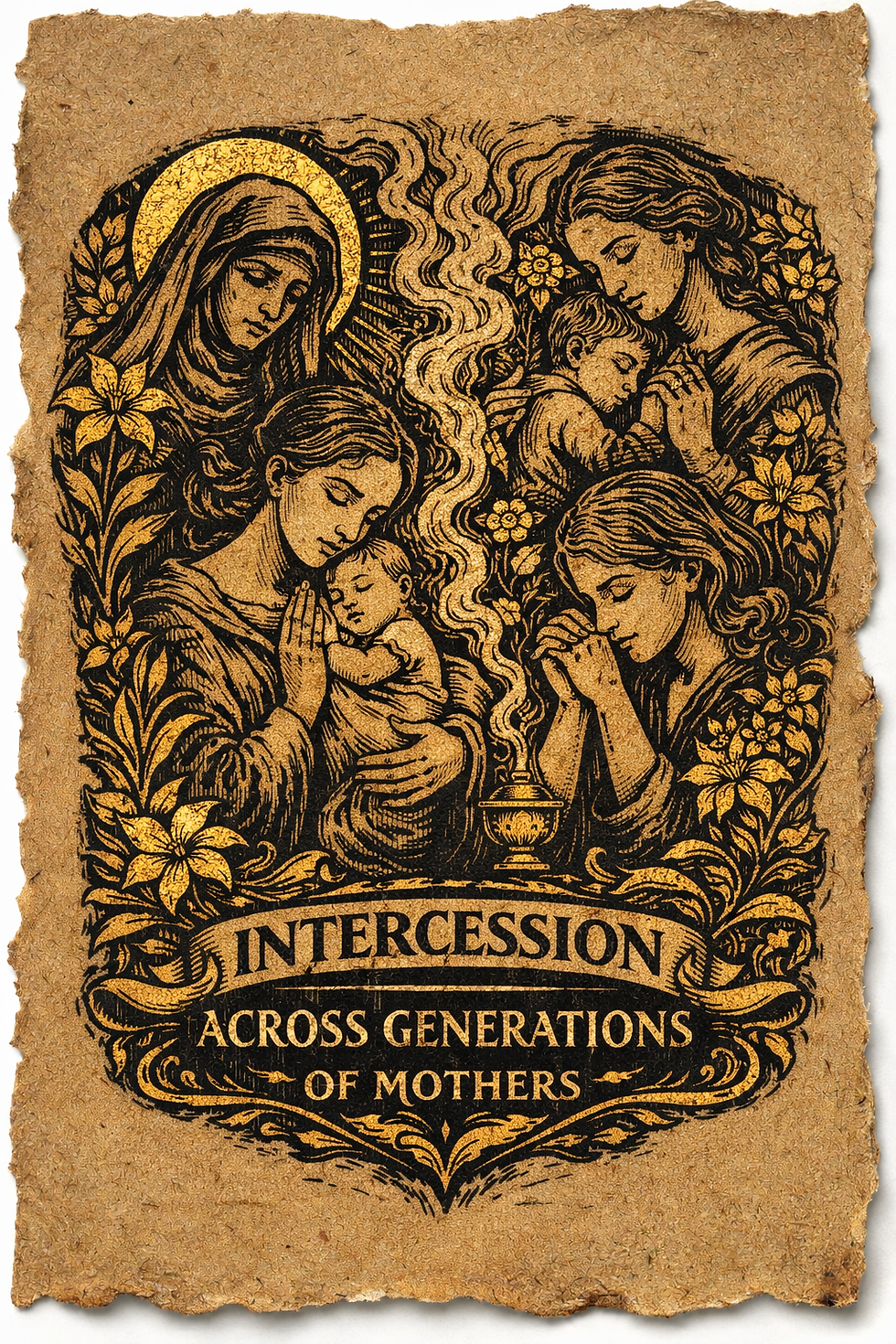The Road to Pardons: Rectifying Historical Injustices
- Fiach OBroin-Molloy

- Oct 16, 2023
- 4 min read
In the vast annals of history, tales of injustice, persecution, and wrongful convictions abound. Among these, the dark chapters of witch trials have left indelible marks on societies worldwide. The accused, often innocent victims of superstition and fear, have long awaited redemption. This blog post embarks on a journey along "The Road to Pardons," focusing on contemporary efforts to posthumously pardon those accused in witch trials, with a particular emphasis on the Paisley witch trials of Scotland. We delve into the broader movement for historical justice, addressing the significance of such endeavors and the path towards rectification.

A Pardon Deferred: The Legacy of Witch Trials
The witch trials of yesteryears left countless lives shattered, families torn apart, and communities scarred. Accusations of witchcraft, driven by ignorance, prejudice, and hysteria, resulted in trials, convictions, and executions of innocent individuals. The long-standing question is whether a mere pardon, even centuries later, can heal the wounds inflicted by these past injustices.
The Paisley Witch Trials: A Glimpse into History
Our journey begins in Paisley, Scotland, during the witch trials of the 17th century. In 1697, the town was gripped by witch hysteria, leading to the trial and execution of seven individuals accused of witchcraft. However, in the light of modern understanding and justice, the question arises: should these individuals receive posthumous pardons?
The Pursuit of Historical Justice
The quest for historical justice is a multifaceted effort aimed at acknowledging past wrongs, honouring the memory of the accused, and addressing the enduring impact of witch trials on contemporary society. This movement is characterised by several key elements:
Uncovering the Truth
In many cases, historical research, often driven by dedicated historians and activists, sheds light on the truth behind the witch trials. These investigations aim to uncover the facts, explore the context of the times, and establish whether the accused were innocent victims of fear and superstition.

Advocating for Pardons
Efforts to secure posthumous pardons for the accused involve collaboration between scholars, legal experts, and activists. The aim is to seek official recognition of the victims' wrongful convictions and clear their names.
Reconciliation and Healing
Beyond legal aspects, the pursuit of historical justice seeks to foster reconciliation within communities affected by witch trials. This involves acknowledging the pain and suffering endured by the accused and their descendants, ultimately working toward a sense of healing and closure.

The Case for Posthumous Pardons
The road to pardons is paved with profound arguments in favour of rectifying historical injustices:
Righting the Wrongs
Posthumous pardons symbolise a recognition of past wrongs and an official acknowledgment of the injustice suffered by the accused. They offer a chance to right historical and moral wrongs.
Honoring Memory
Pardons pay tribute to the memory of the accused, ensuring they are remembered not as witches but as victims of their time. This serves as a form of remembrance and honor.
Lessons for the Present
The pursuit of historical justice carries an educational value, reminding us of the dangers of prejudice, fear, and collective hysteria. It prompts reflection on contemporary issues of discrimination and persecution.
The Paisley Witch Trials and the Modern Campaign
In recent years, the campaign to secure posthumous pardons for those accused in the Paisley witch trials has gained momentum. It involves a network of historians, activists, and local authorities working to correct this historical injustice.
Historical Research
In 2020, historical research shed new light on the trials, suggesting that the convictions may have been wrongful. This research played a pivotal role in sparking the campaign for posthumous pardons.
Legal Action
Efforts to obtain posthumous pardons in the Paisley case have entered the legal realm, involving consultations with legal experts and authorities. The campaign aims to navigate the legal complexities surrounding such pardons.
Community Support
The campaign for posthumous pardons in Paisley has garnered substantial community support. This backing is crucial in raising awareness and pressuring relevant authorities to take action.

Global Relevance and the Quest for Redemption
The campaign for posthumous pardons is not confined to Paisley but has international relevance. It resonates with ongoing efforts to address historical injustices, from witch trials in Europe to cases of wrongful convictions worldwide.
Lessons for Humanity
The quest for historical justice highlights the enduring relevance of past injustices. It serves as a stark reminder of the human capacity for prejudice and persecution, urging us to remain vigilant against contemporary forms of discrimination.
A Journey Toward Redemption
In the modern pursuit of posthumous pardons, we find a journey toward redemption. It is a journey that aims to restore the dignity of the wrongfully accused, heal the wounds of history, and offer a glimmer of hope for a more just and compassionate world.
"The Road to Pardons" is a path fraught with complexities, legal challenges, and moral considerations. However, it is a path that holds the potential to rectify historical injustices, acknowledge the pain of the past, and offer a measure of redemption to those wronged by fear and prejudice. Whether in Paisley, Salem, or other corners of the world, the quest for historical justice is a testament to the enduring power of truth, remembrance, and the human capacity for reconciliation. In the end, it reminds us that even in the darkest chapters of history, there is a glimmer of hope for a more just and compassionate future.



Comments